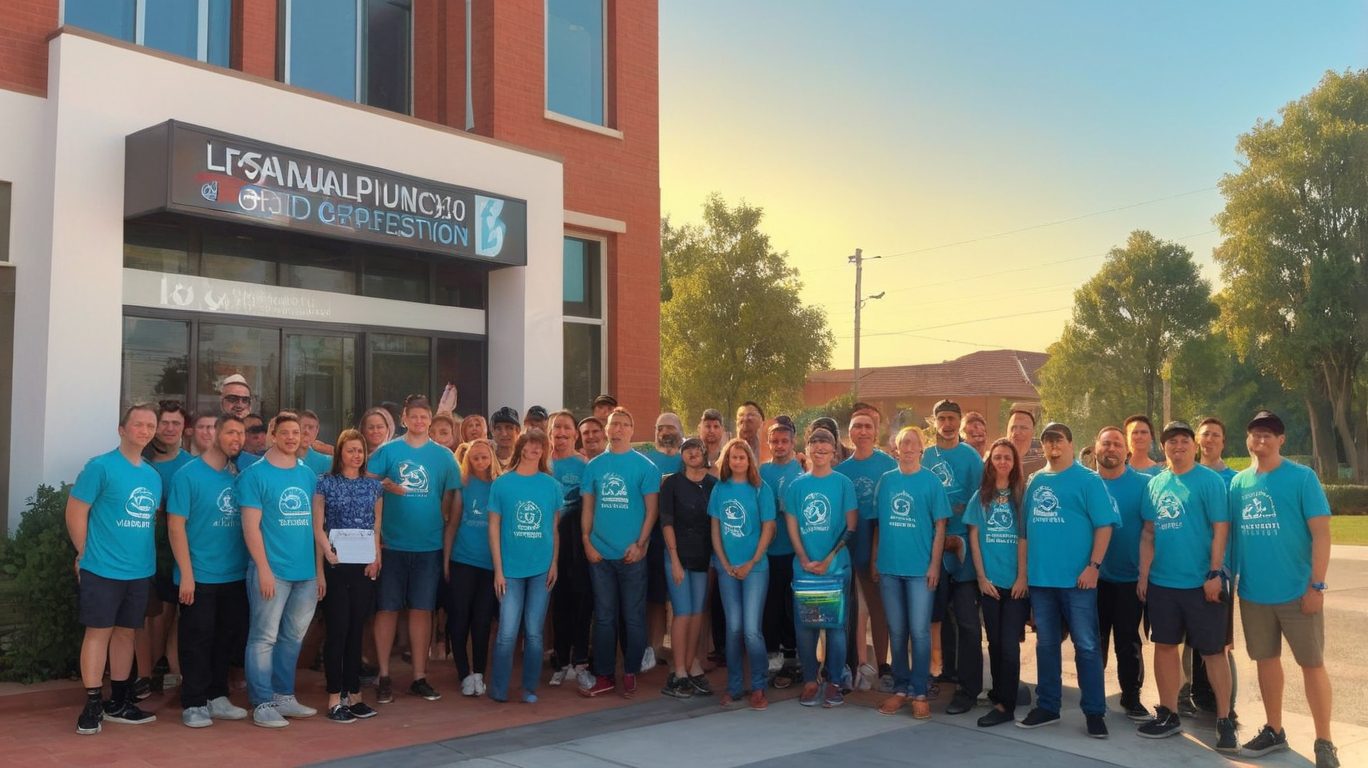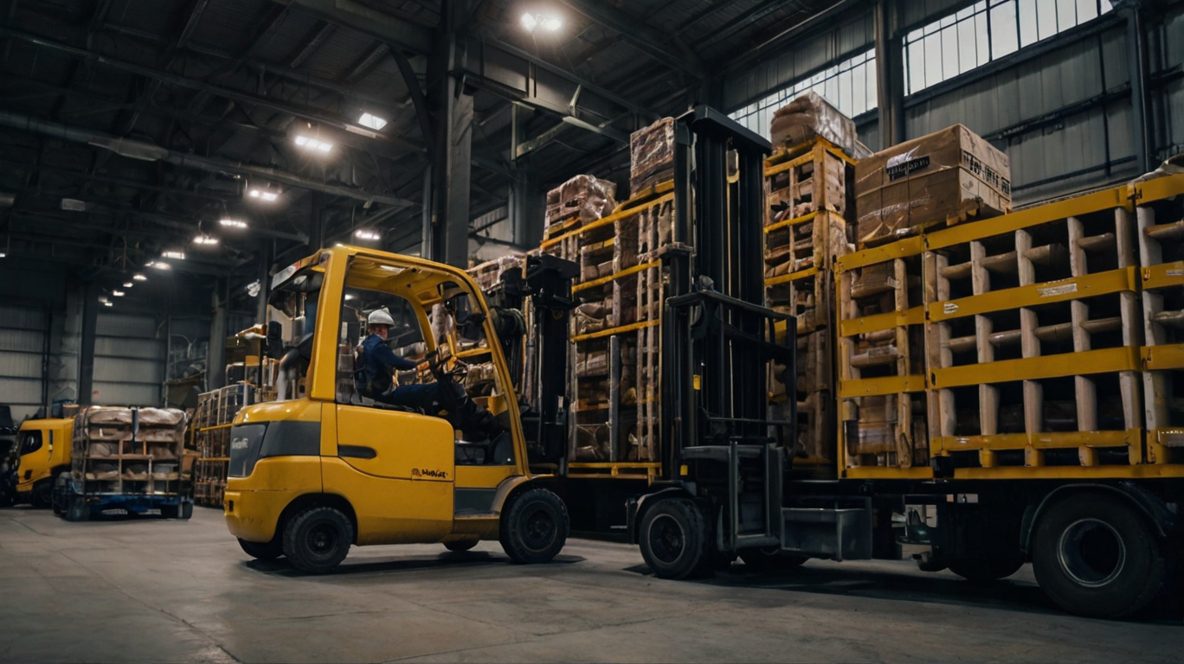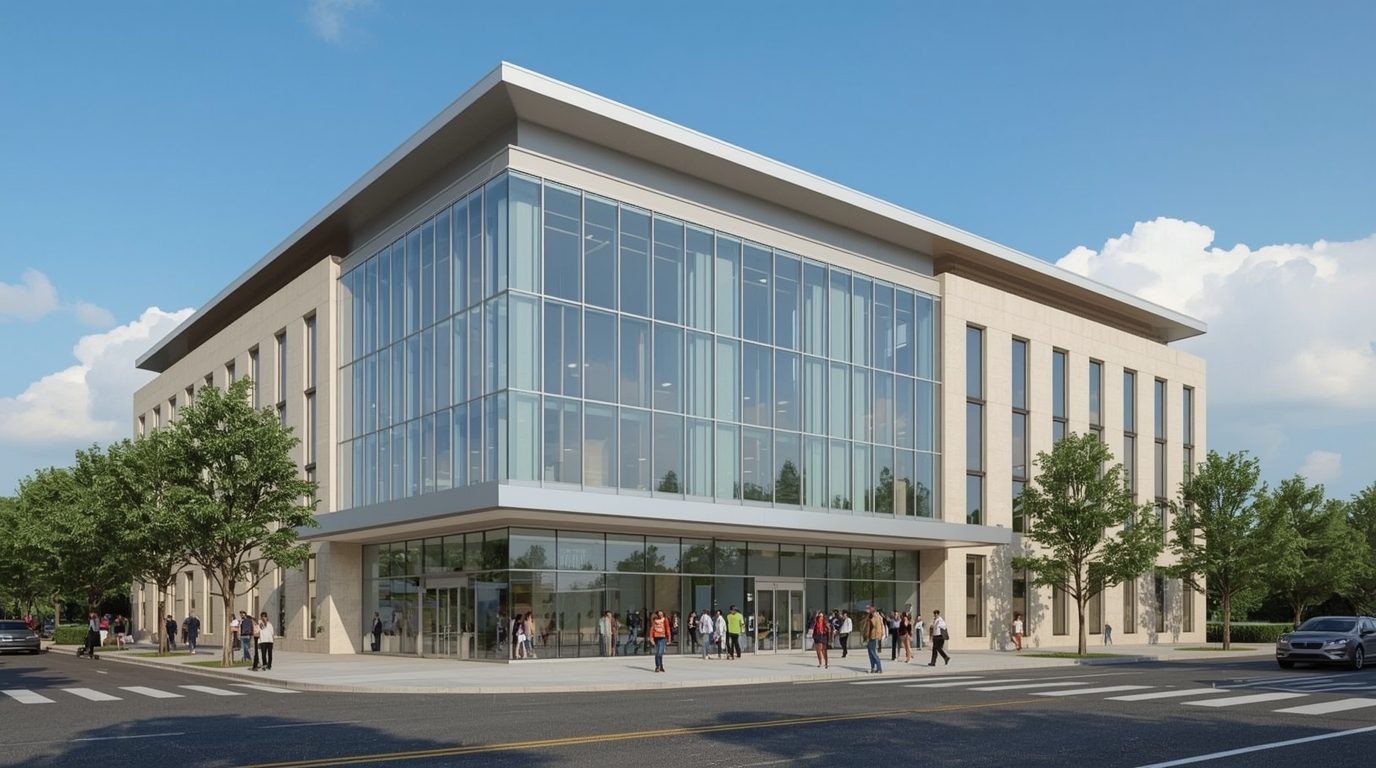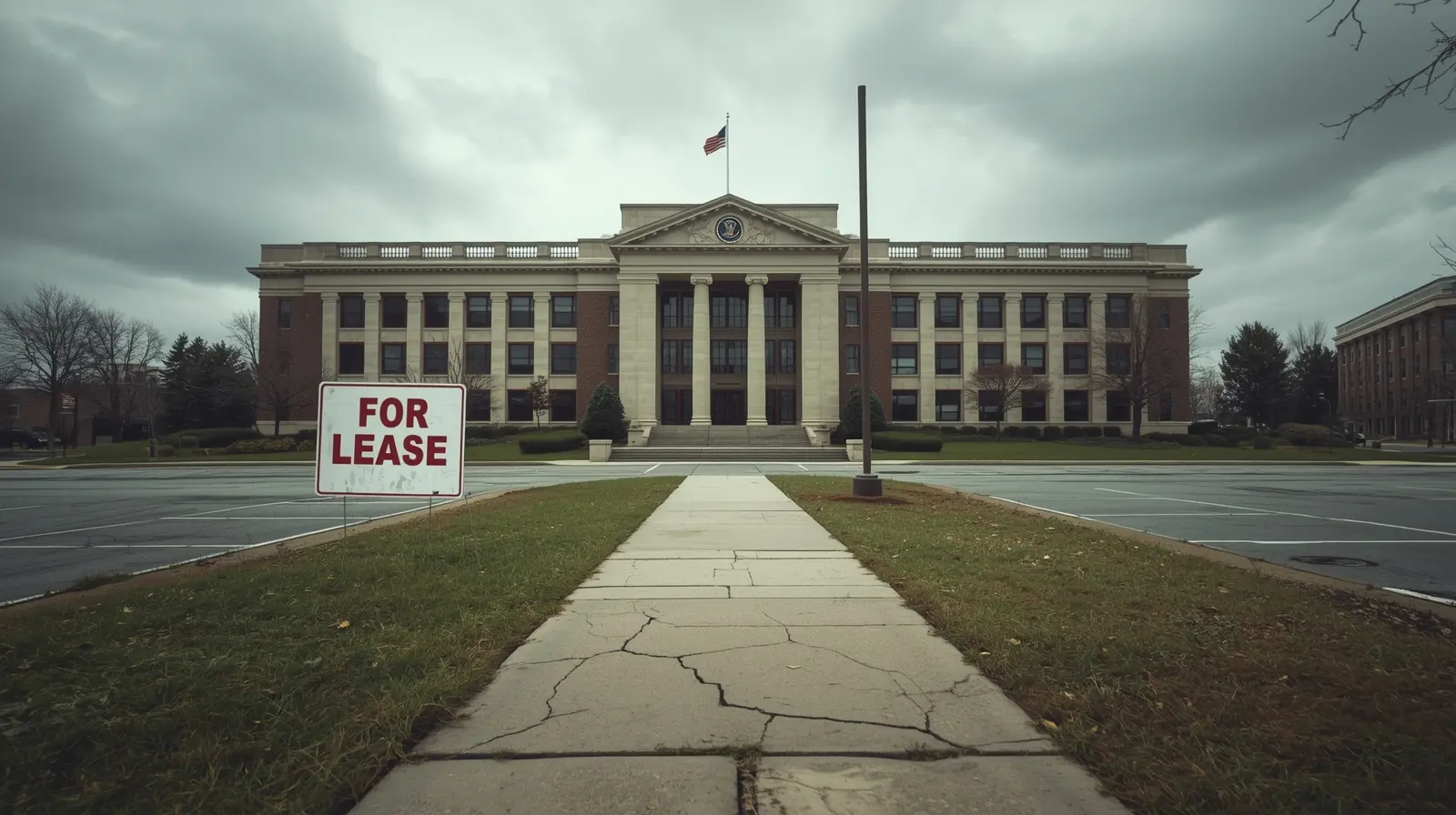
Public Inquiry is in the Crosshairs of Controversy Over Thrapston Logistics Hub
The 200,000-square-meter logistics hub in Thrapston is sparking intense conflict at a public inquiry in Kettering, highlighting the clash between economic growth and rural land preservation. Developed by Equites Newlands at Castle Manor Farm, the hub is labeled a “gold rush” by developers and a “monstrous” burden by local residents. DHL is already committed to occupying the first unit, showing strong demand in the A14 corridor.
Background and Planning Controversy
The inquiry emphasizes debates around land use, planning policy, environmental protection, and the rural character of Northamptonshire. Approval or refusal of the hub could shift the logistics landscape in the Midlands and center-south UK.
What Sparked the Plans to Controversy
Castle Manor Farm is located along the A14 and Haldens Parkway, part of the UK’s “Golden Triangle” of logistics, prized for rapid distribution. Developers cite connectivity to highways and ports for supply chain efficiency. Local residents, however, raise concerns over:
- Air and noise pollution
- Congested local roads
- Impact on healthcare and schooling services
- Loss of wildlife and open farmland
Council Position and Policy Disalignment
North Northamptonshire Council expressed concerns under its Joint Core Strategy, which aims to protect countryside from industrial development. The council lost authority to reject the application due to the developer’s non-determination appeal triggering the public inquiry. The council’s barrister argued the hub breaches local planning policy by using land not zoned for warehousing.
Developer’s Case: Addressing Project Gaps
Representing Equites Newlands, barrister Rupert Warren KC argued the hub meets an “unmet need” along the A14 corridor. Key claims included:
- Creation of approximately 2,700 jobs
- Bolstering the Midlands as a critical UK logistics hub
- Supporting government pledges for modern supply-chain infrastructure
Developers also highlighted economic multiplier effects, including secondary employment in local services, suppliers, and transport networks.
Community Voices and Environmental Concerns
Campaign group Staunch (Save Titchmarsh and Upper Nene Countryside and Habitats) and local residents raised objections, citing:
- Traffic congestion along the A14
- Air pollution affecting local health
- Reduction of productive farmland
- Long-term disruption to wildlife and habitats
Critics argue infrastructural changes are permanent, altering landscape, soil quality, and biodiversity, and stress the importance of maintaining village character, open spaces, and ecological diversity.
Traffic and Infrastructure Issues
Concerns include:
- Increased travel times for commuters during peak hours
- Higher maintenance costs for roads due to heavy vehicles
- Safety risks at intersections near the hub
- Environmental impacts from road modifications
Additional strain may affect utilities, waste management, and emergency services, while proponents emphasize economic benefits.
Environmental and Ecological Considerations
The site includes agricultural land and wildlife habitats. Key environmental concerns are:
- Loss of hedgerows, woodlands, and watercourses
- Decline in fauna including birds, mammals, and insects
- Potential industrial runoff contaminating rivers and groundwater
- Long-term soil and landscape disruption
Opponents argue mitigation measures are insufficient and advocate for logistics development in less sensitive areas.
Economic Impact and Employment Opportunities
The project forecasts 2,700 jobs including:
- Warehouse operatives
- Forklift and logistics staff
- Administrative and customer service personnel
- IT and operations personnel
Ancillary employment could include transport, catering, security, and maintenance. Proponents argue the hub enhances the Midlands’ role as a national logistics center, attracting investment and supporting local industries.
Legal and Planning Precedent
The inquiry may set important planning and legal precedents. Approval could encourage further industrial projects in protected countryside regions, pressuring councils to amend frameworks and influencing environmental group strategies. Refusal could strengthen local planning policies and promote countryside preservation.
Lasting Decision Consequence
The planning inspector’s decision will impact the broader Midlands region. Approval could accelerate logistics development, while refusal could reinforce rural preservation. This case highlights national policy challenges: balancing economic development, environmental responsibility, and community needs.
Conclusion
The 200,000-square-meter Thrapston hub represents a complex intersection of economic growth, environmental sustainability, and community welfare. DHL’s commitment to the first unit and 2,700 potential jobs shows the economic promise, but opposition highlights potential drawbacks for rural communities. The inquiry’s outcome will shape logistics development, environmental policy, and planning priorities across the UK. For businesses and policymakers navigating similar issues, check out BizRush.







